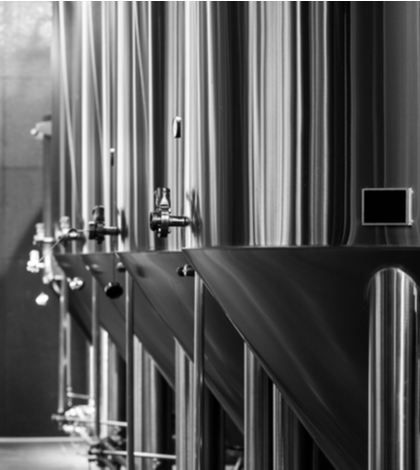California Senator Scott Wiener (D-District 11-San Francisco) has announced new legislation requiring the creation of clear guidelines for wineries and breweries on reusing “process water” onsite for procedures such as rinsing equipment and tanks in order to save water. California’s wineries and breweries and wineries are interested in reducing their water footprint as a means to help the state’s structural and persistent water shortage.
“California is far behind in water recycling, and we must do more to encourage and help business reuse water onsite whenever possible,” said Senator Wiener. “Many breweries and wineries want to reuse their water and simply need more guidance and support from the state to do so. SB 166 will help provide, especially for smaller wineries and breweries, adequate direction to be able to conserve more water. SB 166 is a win-win for our environment and for our small businesses.”
SB 166 would direct the State Water Board, in consultation with the California Department of Public Health–Food and Drug Branch (CDPH), to develop regulations for microbiological, chemical, and physical water quality and treatment requirements for the onsite treatment and reuse of process water at wineries and breweries. The regulations would include water quality monitoring requirements, notification and public information requirements as well as annual reporting to the CDPH–Food and Drug Branch.
Wineries and breweries use water not only to make wine and beer but also for cleaning their supplies including their tanks and packaging equipment. This stream of water is called process water and can be treated and reused onsite for tank rinses as well as other purposes. Recycling process water onsite in a brewery can reduce the water needed to make a gallon of beer from about 7 gallons to as low as 2.5 gallons.
Senator Wiener’s new legislation includes bipartisan support in both the state Assembly and the state Senate. Assemblyman Randy Voepel (R-71st District-Santee), Senator Steve Glazer (D-7th District- Orinda) and Senator Jeff Stone (R-28th District- Indio) have all co-sponsored Wiener’s SB 166.
Regulations within SB 166 would apply to wineries and breweries that are required to obtain a Processed Food Registration license from the Food and Drug Branch, which are the vast majority of breweries and wineries. Senator Wiener’s legislation would make it easier for breweries and wineries throughout California to reuse their water, using the appropriate technologies and methods, without having to reinvent the wheel every time. The State Water Board will be required to develop these regulations on or before December 1, 2025.
SB 166 is sponsored by the San Francisco Public Utilities Commission (SFPUC), and has the support of the Natural Resources Defense Council, SPUR, and the WaterNow Alliance. The bill is a continuation of Senator Wiener’s efforts to increase water recycling and reuse throughout California. Both the SFPUC and the NRDC have praised Senator Wiener’s efforts.
“San Francisco consistently ranks among the lowest water users in the state—thanks in part to smart and innovative water conservation and reuse practices and policies in place,” said SFPUC General Manager Harlan L. Kelly, Jr. “This legislation builds on our successful program and provides clear and consistent guidelines for breweries and wineries across the state to conserve and reuse water. We commend Senator Wiener for his ongoing partnership and leadership on this important work.”
“SB 166 will help the beer and wine industry make better use of the water essential to making their world-class products,” said Drevet Hunt, senior attorney for the Natural Resources Defense Council. “California will benefit by promoting awareness on the importance of keeping more water in our rivers and lakes to support wildlife and a healthy ecosystem.”
 California Water News Daily Your Source For Water News in California
California Water News Daily Your Source For Water News in California


